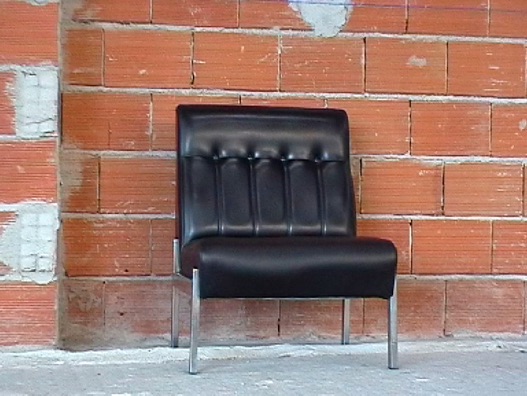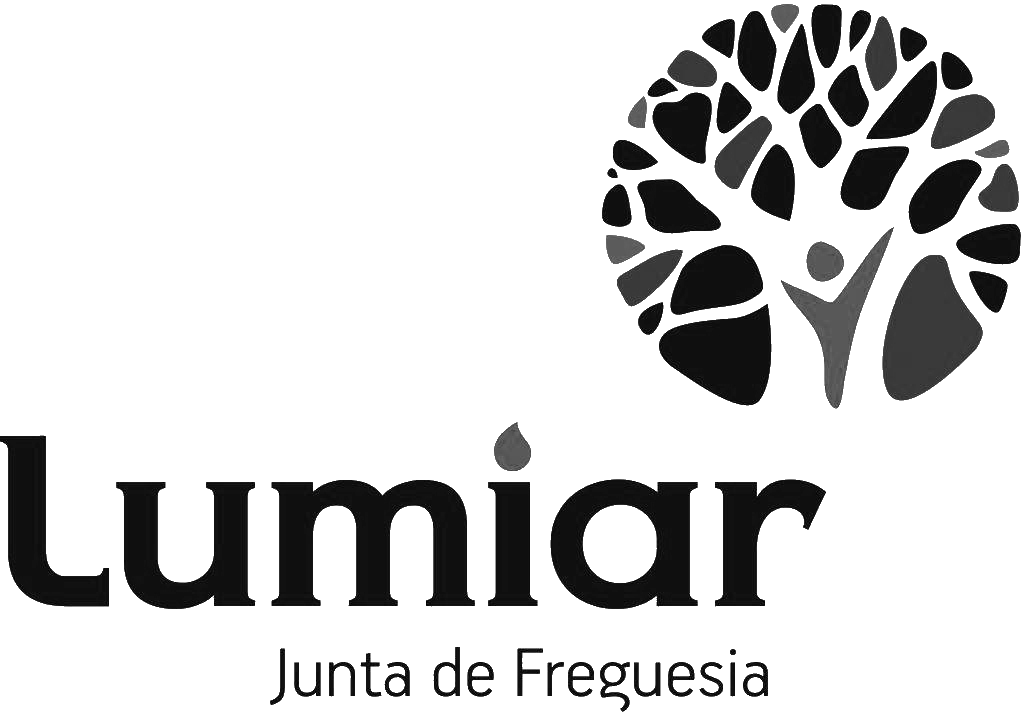
Past exhibition at Lumiar Cité:
CHRISTOPH KORN
Institute for Social Research
19.11-13.12.2009

The “usable” space created by Christoph Korn can be understood as a temporary derivation of the legendary Institute for Social Research, founded in 1923 in Frankfurt/Main, whose most influential members were Max Horkheimer and Theodor W. Adorno. It was in 1944, during the Institute's exile in the United States, that Horkheimer (1895-1973) and Adorno (1903-1969) developed the critical concept, now largely forgotten, of cultural (creative) industries, considering them opiates for the masses, in the sense that they mediate power over them as a natural – and non-human – phenomenon. The Frankfurt school, as it was also known, is still an important platform for criticism, bringing together sociologists, philosophers and psychologists. Walter Benjamin (1882-1940), one of the great 20th-century critics and thinkers, was also going to join this Institute in New York, having fled Nazi-occupied France in order to sail to the United States from Lisbon, the only harbour open in Europe. This journey was however tragically interrupted by Benjamin's apparent suicide in Portbou, in the Spanish Pyrenees, when he suspected that the Nazi authorities had discovered his “clandestine” passage over the border into Spain.
Korn emphasises these historical aspects of the Institute using its English name. The starting point for the “design” of the exhibition space was a scene from the film Playtime (Jacques Tati, 1967): the foyer of a typical modernist building from the 1960s, its appearance ironically and subtly exaggerated by Tati. At the Lumiar Cité Gallery, whose architectural characteristics recall the foyer in the film – both spaces almost entirely surrounded by walls of glass –, the structures and displays of portraits of important men – their importance implied by their poses and presentation, although they are all unknown – that appear in that scene of the film now (absurdly) frame nine black-and-white photographic portraits of an elderly woman, whose origins Korn also leaves open. The chairs that can be seen in Tati's film, designed by the director himself and by Jacques Lagrange, are also evoked in this installation by furniture loaned by the Algarve University library. The ashtray came from a film set company.
With Korn's installation, the Lumiar Cité Gallery is not only transformed into a temporary Institute for Social Research, but also evokes the aesthetics and ironic topics of Jacques Tati's film. By seeking to replicate the set of that film, Korn also establishes a phantom relationship between Tati's futuristic architecture and the current architecture and urban concept of Alta de Lisboa, where the Lumiar Cité Gallery is located.
Maumaus
Avenida António Augusto de Aguiar, 148 - 3º C
1050-021 Lisboa, Portugal
Monday to Friday, 10h00 to 13h00,
14h30 to 19h00
Tel: + 351 21 352 11 55
maumaus@maumaus.org
Upcoming:
Manthia Diawara
AI: African Intelligence
mumok, Vienna
12.03.2026
ARTIUM museoa, Vitoria-Gasteiz
14.03.2026
The lecture will be in English. Entry is free and limited to the number of seats available.
Upcoming:
Manthia Diawara
Angela Davis: A World of Greater Freedom
Batoto Yetu Portugal, Caxias
Screening | 15.11.2025 | 14h30
The lecture will be in English. Entry is free and limited to the number of seats available.
Upcoming:
Howard Singerman
Local Art Worlds (or Imaginary Geographies with Real Effects)
Goethe-Institut, Auditorium
Seminar | 24, 25, 26.06. 11h – 13h, 14h – 16h
Registration is free but limited to the number of seats available. Please send an email with a short CV to admin@maumaus.org by 15.06.2025. Confirmation of registration will be sent by email. The seminar will be in English.
Lumiar Cité
Rua Tomás del Negro, 8A
1750-105 Lisboa, Portugal
Wednesday to Sunday, 15h00 to 19h00
or by appointment.
Tel: + 351 21 755 15 70
lumiar.cite@maumaus.org

Maumaus/Lumiar Cité is funded by República Portuguesa – Cultura, Juventude e Desporto/Direção-Geral das Artes. With the support of Câmara Municipal de Lisboa and Junta de Freguesia do Lumiar.






